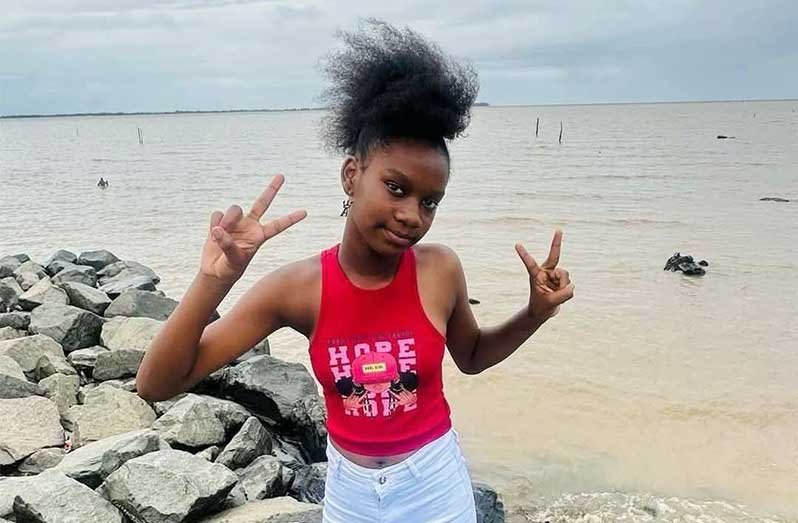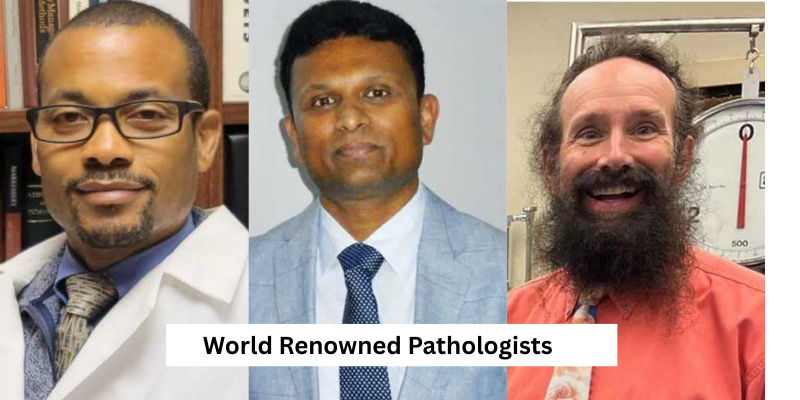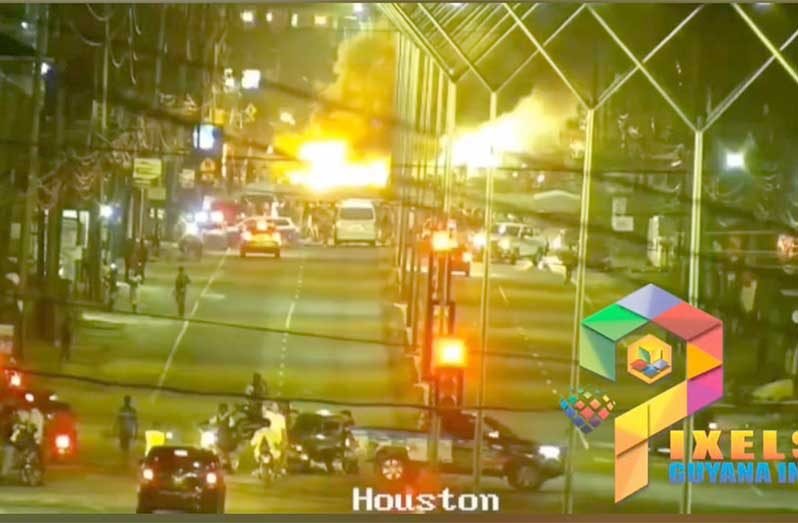Given these findings, the widespread acts of vandalism, road blockages, and theft raise serious concerns. Specific individuals appear to be exploiting this tragedy as an excuse to engage in criminal behavior rather than seeking justice or truth. Justice demands discipline. The looters have no right to endanger the lives of the public. The government must not allow these thugs and bullies to exploit the death of an innocent girl.
The tragic death of 11-year-old Adrianna Younge should have united Guyana in mourning and the pursuit of justice. Instead, her untimely passing is overshadowed by a wave of violence, looting, and politically motivated unrest that has left citizens shaken and communities fearful.
There is a segment of the Guyanese community that uses any pretense to incite a riot with their thugs. For them, death serves as a tool to rob shops and loot.

Adrianna’s death at the Double Day Hotel in Tuschen was initially shrouded in mystery, prompting widespread speculation and conspiracy theories. Despite three renowned independent foreign forensic pathologists concluding unanimously that she died by drowning, segments of the public refused to accept the findings. The demand for justice, though warranted, quickly transformed into a chaotic crusade where law and order became the first casualties.
What started as peaceful demonstrations quickly descended into lawlessness. Mobs blocked roads, burned debris, destroyed property, and looted businesses. Innocent citizens—men, women, and children—were robbed, attacked, and terrorized by those who exploited tragedy to pursue selfish and often political motives. The roar of rioters and opportunists drowned out the call for justice.
President Dr. Irfaan Ali, in a firm response, expressed deep concern for the victims of these violent actions. Speaking with families who had been attacked or robbed, he reassured them that justice would not be reserved for Adrianna alone, but for all victims, those whose property was destroyed, whose lives were disrupted, and whose peace was taken by criminals operating under the guise of protest.
“This was not justice. This was terror,” the President said, condemning the actions of those who exploited the moment for gain and political mileage. He was unequivocal in his stance: while peaceful protest is a democratic right, the moment it infringes on the safety, dignity, and property of others, it becomes a crime, and crimes must carry consequences.
The government’s response was swift. The Joint Services were deployed across all ten administrative regions to restore order. Debris was cleared from roads, looters were arrested, and patrols were increased to prevent a recurrence. Within 24 hours, over 100 individuals were arrested, and dozens of motorcycles allegedly used in criminal activities were seized. Wanted bulletins were issued for suspects involved in orchestrating public terror.

Yet, amidst these efforts, frustration simmered among many who believe that Guyana’s justice system has long failed to deter mob violence. Calls have intensified for legal accountability, not only for those who committed crimes during the recent unrest but also for the perpetrators of similar riots in the past.
This national anxiety has been amplified by misinformation and social media. Long before forensic reports were released, a torrent of unverified claims flooded online platforms, ranging from ritualistic killings to police cover-ups. These digital echo chambers inflamed passions and galvanized crowds with little regard for facts or due process. Reason, it seemed, had abdicated its role, giving way to a dangerous culture of trial by social media.
The Opposition has not escaped criticism either. Some citizens perceive their silence—or worse, their veiled encouragement- as a calculated effort to weaken the sitting government. In Guyana’s deeply polarized political landscape, tragedy has often become a battleground where scoring points outweighs national unity. Another institution that has come under scrutiny is the church. In moments of national crisis, the church’s moral authority is crucial in calming tensions and guiding a wounded nation toward truth, compassion, and peace.
The Guyana Police Force has admitted it erred in allowing mobs to surround the hospital for too long during the forensic autopsy. Protesters chanting and threatening at the gates created an atmosphere of fear, even terror, for the international pathologists flown in to ensure transparency. The irony was bitter: while chanting “justice for Adrianna,” demonstrators nearly jeopardized the process that could deliver it.
Attorney representation for the family has since called for “an international investigation,” a puzzling demand given that the involvement of three independent foreign forensic experts already satisfies international standards. The autopsy results were not the product of local manipulation but rather of globally respected medical professionals. Rejecting their unanimous conclusion because it doesn’t fit the preferred narrative does not serve justice but undermines it.
The path forward must embody balance. Justice for Adrianna should not overlook justice for the countless citizens who were victimized by the riots. The child’s death demands transparency and a thorough investigation—but so too do the crimes committed in its aftermath. The rule of law must prevail, not only in the courts but also in the hearts and minds of all Guyanese.
President Ali’s administration has promised decisive action, but the actual test will be in implementation. Promises must lead to prosecutions; statements must result in sentences. The country needs closure, not only in Adrianna’s case but also regarding the national trauma left in the wake of these riots.
Justice cannot be selective or symbolic. It must be genuine, swift, and impartial for Guyana to progress. Let this moment be a turning point where the cry for justice transforms into a commitment to peace, order, and truth. Let us honor Adrianna not through destruction but through discipline, not with rage but with reform.
And above all, let us remember that justice delayed is not only justice denied but also justice drowned, like the truth, in a pool of political and emotional chaos.





